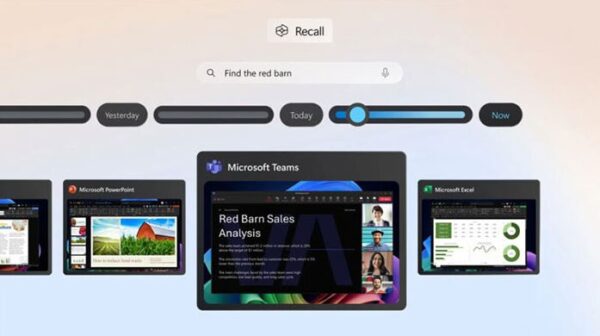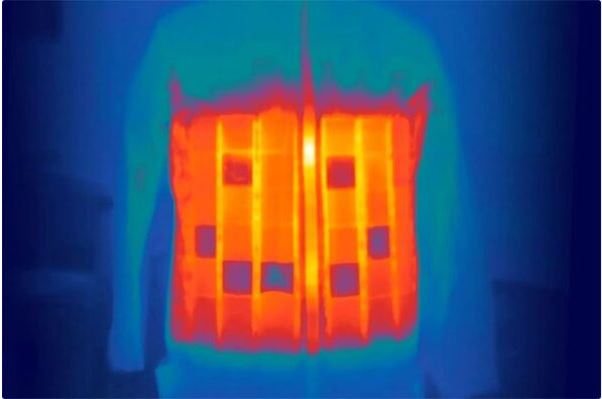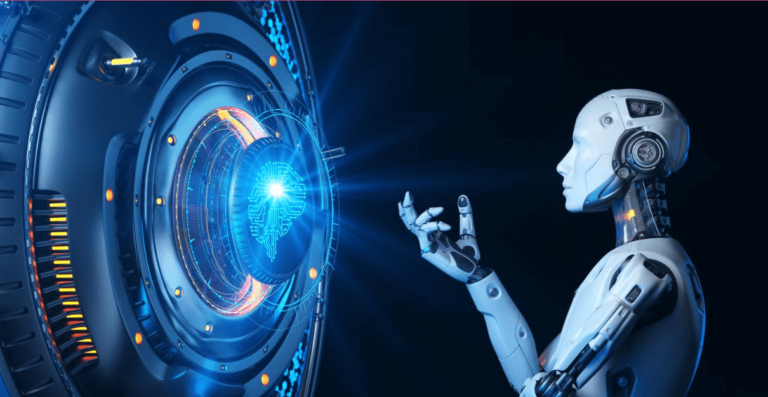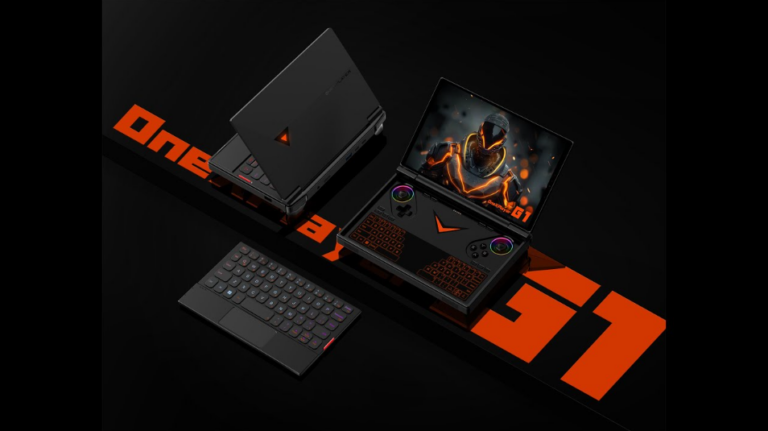The new system, called “Windows Recall”, promises memory capabilities like “photographic memory” but at the same time raises concerns about user privacy.
Microsoft has just introduced a new AI system capable of tracking all user activities on the computer. Likened to “photographic memory”, “Windows Recall” allows users to access almost everything they have viewed or done on their computer. Microsoft claims this feature will help improve built-in AI tools, helping users determine the next action.
However, “Windows Recall” can also make many users worry about privacy issues because of its ability to collect data. Company representatives said they will provide options for users to control the type and amount of data collected. “Windows Recall” is just one of many new features and products introduced by Microsoft at this week’s “Build” conference. Most focus on integrating AI tools into Windows to make creating new documents and finding information faster and easier.
The “Build” conference comes after a series of AI announcements from rival Google as well as Microsoft’s close business partner OpenAI – the unit that builds the large language models that underpin Microsoft’s Copilot. Google has launched a redesigned search engine that periodically places AI-generated summaries on sitelinks at the top of the results page. In addition, Google also introduced the AI assistant “Astra”, still in development, capable of “seeing” and talking about things displayed through the smartphone’s camera lens.
OpenAI – the “father” of ChatGPT – has also revealed the latest version of its chatbot, introducing an AI voice assistant with human characteristics that can chat about someone’s outfit and even try to judge someone’s outfit. one’s emotional price. The voice was so similar to Scarlett Johansson playing an AI character in the sci-fi movie “Her” that OpenAI had to remove the voice from its collection on Monday. OpenAI has also launched a desktop version of ChatGPT designed for Apple Mac computers.
Next up is Apple’s annual developer conference in June. CEO Tim Cook (Apple) signaled at the company’s annual shareholder meeting in February that Apple is investing heavily in generative AI. Some of Microsoft’s announcements on Monday seemed designed to obscure whatever Apple was planning. The new AI-enhanced Windows PCs will begin rolling out on June 18 on computers made by Microsoft partners such as Acer, ASUS, Dell, HP, Lenovo and Samsung, as well as on a family of devices. Surface by Microsoft. However, they will be reserved for high-end models, which start at $999.












